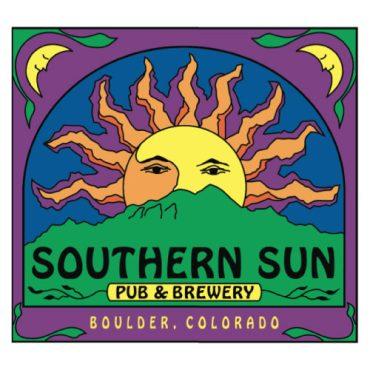KGNU is partnering with the League of Women Voters of Boulder County on a monthly commentary series called Making Democracy Work for All! which focuses on educating listeners on the workings of state and local government and letting them know how they can get involved at different stages of the political process. This month Jeannette Hillery takes a look at two seemingly unrelated topics – food security and voting.
In the current political climate, thoughts of how to safeguard American democracy tend to focus on how to ensure that the right to vote is upheld for all citizens, and perhaps most significantly, how to prevent voter suppression. But something important is lost, or overlooked, in this emphasis on access and process. In keeping with the League of Women Voters’ history of expanding our understanding of how to make democracy more receptive and responsive to the needs of all Americans—of “making democracy work for all”—the LWVBC’s Social Policy Team is working to broaden thinking about voter suppression to include issues that lie outside the realm of direct access to the ballot box but nonetheless serve to “suppress” voter participation every bit as effectively as policies that make registering to vote and casting a ballot unnecessarily onerous. One of those issues is food security.
-
 play_arrow
play_arrow
Making Democracy Work For All! Food Insecurity KGNU News
You might ask, what is “food security” and how does it relate to making democracy work for all? Food security, as defined by the United States Department of Agriculture, means access by all people, at all times, to enough food for an active, healthy life and includes at a minimum: (a) the ready availability of nutritionally adequate and safe foods and (b) the assured ability to acquire acceptable food in socially acceptable ways.
To consider the relationship of food security to democracy, consider how (and why) is it that we expect a single mom with a child and a minimum-wage job to find the time and energy to be a regular participant in the voting process, let alone be a “well-informed” voter, when she is struggling day to day to make her paycheck cover her and her child’s basic needs—including good, nutritious food. How is a father working two jobs in order to keep a roof over his family’s head and food on the table, going to find the time and energy to vote? And how is anyone who has gone without adequate food—having eaten nothing more than a few stale crackers because that’s all that’s left in the pantry or because their children need the food more than they do and because the paycheck or social security check won’t arrive for another three days—how would any of us in the same situation find the time, the energy, or even the desire to exercise our democratic rights? How can we expect anyone to vote on an empty stomach?
Based on the Emergency Family Assistance Association’s (EFFA) May 2017 Position Paper, Boulder County is not immune from the issue of food security, with over 13.3% of the population being food insecure – or about 40,500 individuals, including 10,630 children. This is a higher level of food insecurity than the Colorado average of 12.9%.
Our focus on this issue is to address food security in Boulder County and to investigate the range of policies that impact the availability of affordable and nutritionally appropriate food for our fellow citizens. To this end, we will be conducting two community meetings in the City of Boulder. The first meeting will be the showing the movie A Place at the Table at 2:30 Saturday November 11 at St Andrews Presbyterian Church, 3700 Baseline, Boulder. One week later, on Saturday November 18, we will be holding a Community Conversation at 2:30, also at St Andrews. This event will include a panel of experts of on food security issues and policies in Boulder, in Colorado, and in the United States, and will address questions posed after the movie and from the audience at the community conversation. Both events are free and are open to the public.
For more information on the LWVBC Social Policy team go to LWVBC.org and click on the Social Policy Team link under the “TEAMS” tab on the web site.
-
 play_arrow
play_arrow
Making Democracy Work For All! Food Insecurity KGNU News
Podcast: Play in new window | Download



















